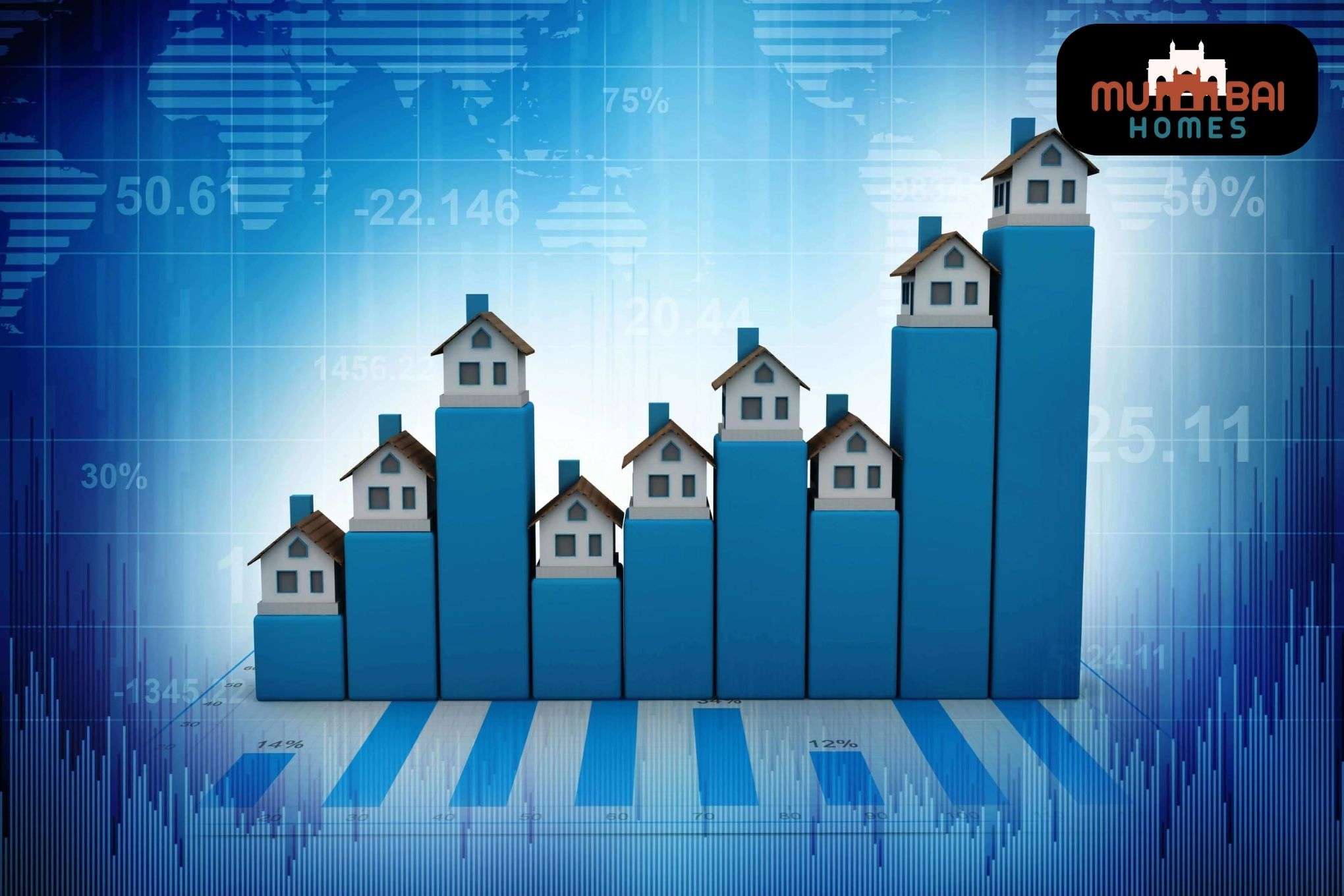Effects of Rising Prices on the Real Estate Market:
The real estate market is a dynamic sector motivated by means of different factors, which include growing prices, housing affordability, mortgage rates, investment opportunities, and regional disparities. As property prices increase, landlords alter rental costs, probably burdening tenants in areas with limited affordable housing. Inflation’s impact on domestic costs is complicated, with mild inflation stimulating demand and driving up prices, whilst high inflation can avert affordability and gradually down the housing marketplace.
Understanding the interplay between rising costs and the real estate market is crucial for wise choice-making and addressing the complexities of housing affordability.
Effects of Rising Prices on the Real Estate Market:
Rental Rates:
As property prices increase, apartment rates generally tend to observe suit. Landlords and property proprietors often alter their rental prices to reflect better property values, aiming to maximize their return on investment.
Inflation and Home Prices:
Inflation can have mixed outcomes on the real estate market. On one hand, mild inflation can stimulate monetary increase, mainly to increase demand for housing and potentially driving up home costs. However, high inflation costs can buying strength, making it harder for prospective buyers to come up with the money for homes and causing a slowdown in the housing marketplace. Therefore, the effect of inflation on domestic expenses is contingent upon its value and its effects on standard economic situations.
Housing Affordability Crisis:
Rising property rates, coupled with stagnant workers and restrained housing supply, have contributed to a growing housing affordability disaster in many markets. As homes turn out to be less costly, aspiring homeowners face difficulties in securing mortgages or locating suitable housing alternatives within their price range. This crisis can lead to socioeconomic disparities, as housing costs consume a larger part of family incomes, exacerbating income inequality.
Mortgage Rate:
Rising prices inside the real estate market can also influence mortgage rates. When property costs increase, lenders may regulate interest rates to mitigate capability risks associated with higher loan quantities. This could make acquiring a mortgage more pricey for homebuyers, in addition to impacting housing affordability and potentially slowing down the demand for houses.
Investment Opportunities:
Despite the demanding situations posed by way of growing charges, the real estate market can nevertheless present investment opportunities. Property owners and buyers who already possess real estate property may additionally get benefit from the appreciation in their property values. However, it’s far vital to conduct thorough market studies and analyses to make knowledgeable funding decisions in the face of growing expenses.
Regional Disparities:
The results of rising prices in the real estate market can come across specific areas. Some areas might also experience greater significant price increases due to factors together with population growth, job opportunities, or land availability. Conversely, other areas may also see more stable prices. It is important to consider local marketplace dynamics while assessing the effect of rising charges on the real estate market.
Impact on Housing Demand:
Rising expenses in the real estate market may have implications for housing demand. As prices increase, potential homebuyers may face difficulties in affording a property, leading to a decrease in demand. This can a slowdown within the real estate market and a potential in the direction of renting in preference to homeownership.
Effects on Construction and Development:
The real estate market can impact the construction and development sectors. Developers may also face expanded prices for land acquisition, construction materials, and labour, which may reduce the supply of new housing units. This can similarly exacerbate the housing scarcity and contribute to higher costs. Additionally, rising costs might also incentivize developers to focus on higher-end properties, limiting the availability of cheap housing choices.
Conclusion:
The real estate market’s reaction to growing charges encompasses various factors that have an effect on rental rates, inflation, housing affordability, loan charges, and funding opportunities. While tenants and aspiring owners may additionally face demanding situations due to multiplied apartment quotes and decreased affordability, asset proprietors and buyers may find possibilities for capital appreciation and apartment profits. Understanding the complexities of those dynamics is crucial for individuals, policymakers, and stakeholders in navigating the evolving real property panorama and addressing housing affordability crises.
FAQ:
1. Is inflation good for property owners?
ANS: Inflation can gain property owners as it frequently leads to accelerated asset values, allowing them to build fairness and doubtlessly generate better returns on investment.
2. Will inflation causes house price to fall?
ANS: Inflation will have numerous effects on residence charges. While mild inflation may stimulate demand and drive charges up, high inflation charges can erode buying strength and potentially result in a slowdown in the housing market, which can also bring about price corrections.




